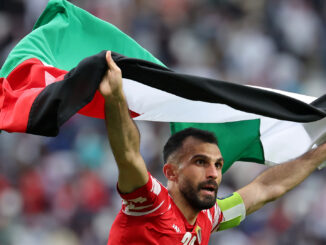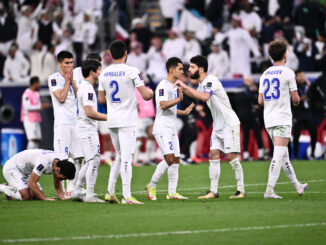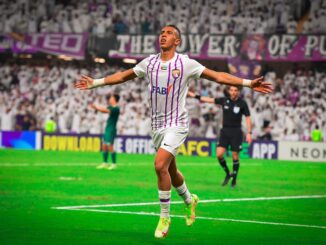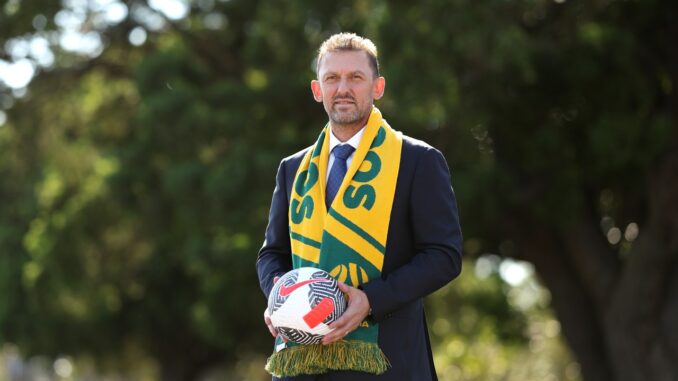
A new chapter in the history of Australian football will be written on tonight when Tony Popovic takes charge of the men’s national team for the first time.
A revered and respected defender in his playing days, the 51-year-old becomes the first member of Australia’s ‘Golden Generation’ of 2006 to take charge of the national team, and he does so at a critical juncture with their World Cup qualifying campaign teetering on the edge after a disastrous start against Bahrain and Indonesia last month.
On most occasions when a new coach takes over it’s because their predecessor has failed, and while that might be too fine a point to put on Graham Arnold’s tenure as Socceroos boss, especially given their remarkable success at the FIFA World Cup back in 2022, the simple fact is that over one-and-a-bit campaigns, when it has mattered most in this decisive round, Australia fell short under Arnold.
While Australia won their opening three fixtures in the Third Round of qualifying for Qatar 2022, in the nine matches since Australia has won just one – a 4-0 win over Vietnam in Melbourne.
Popovic is the man entrusted with steering the ship back on course for what would be a sixth-consecutive World Cup appearance. But try telling him this is a bad time to be taking over. He was having none of that rhetoric when he was unveiled as the new boss at the end of last month.
“It’s the best time to take (over),” he snapped back when a reporter claimed it wasn’t an easy time to take over.
“Why wouldn’t it be a good time? (Bad results) happen. That’s football. Results can sometimes mask when something’s good as well.
“Results haven’t been good in the first two games but look at the history of what’s been done with the Socceroos. Have a look at the World Cup. Have a look at a fantastic group of players that did remarkable things over there. A lot of those players are still there, so the talent remains, and a lot of young players have come through, and there are probably a lot of other players who are waiting for their opportunity.”
The bare fact remains, however, that Australia are second last in Group C with just one point after their opening two fixtures – a 1-0 loss at home to Bahrain and an uninspiring 0-0 draw with Indonesia in Jakarta.
And more so than just the results, the performances sounded the biggest alarm, with the performance against Bahrain, in particular, one of the worst Australia has delivered on this stage in a long time.
A lack of creativity and invention have long been criticisms aimed at this side, and those critiques only grew louder on the back of the performances against Bahrain and Indonesia.
While it is true that there remains plenty of time to turn things around, with eight games still remaining, Australia need to start picking up points as a matter of urgency and that begins over the next week against China in Adelaide and Japan at Saitama Stadium.
The most immediate focus is on the opening fixture against an equally desperate Chinese outfit who also remain winless after their losses to Japan and Saudi Arabia in the previous window. Branko Ivankovic’s side arrive in Adelaide without three key members of their side, with Wu Lei being the most notable absentee.
The veteran striker remains China’s best player, and with 31 goals in 27 matches for Shanghai Port this season, coached by Kevin Muscat, who many people tipped to become Socceroos coach after Arnold’s departure, his absence will leave a huge hole in attack.
Not that Popovic will give more than a second’s thought to the absence of the 32-year-old given his own issues in attack.
Australia are the only team across all three groups in this Third Round of qualifying to yet score a goal. A lack of a reliable route to goal has long been the Achilles heel of Australian sides in Asia, and one that Graham Arnold grappled with for almost his entire tenure.
As is the lot of an international manager, that was sometimes down to the fitness and form of his squad, and as Arnold famously said after the 0-0 draw with Indonesia, he can’t score the goals for them.
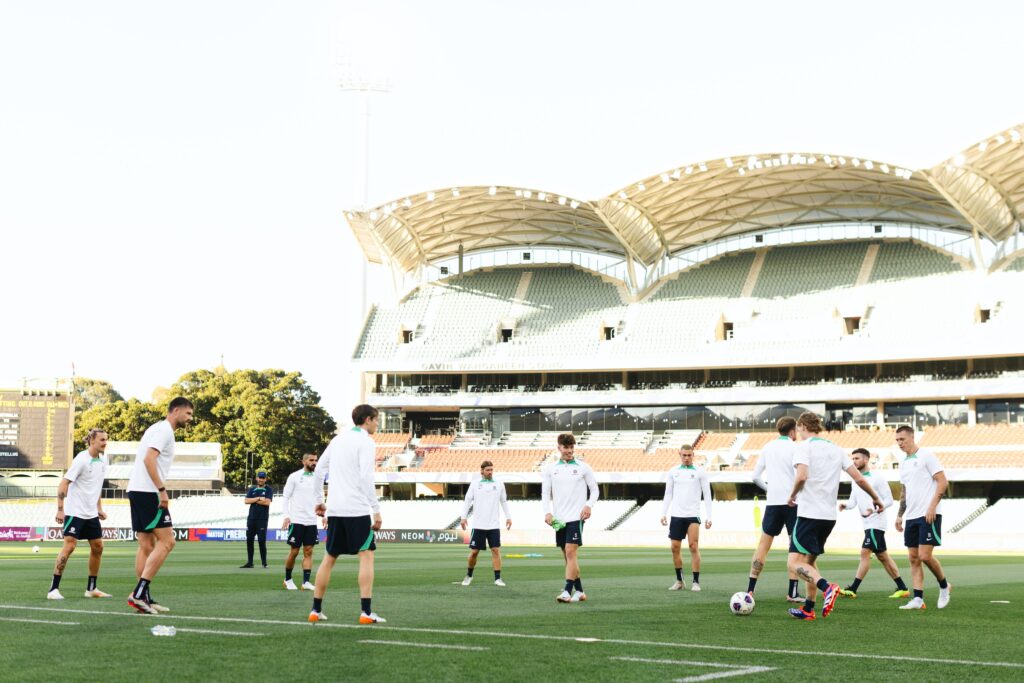
But the style with which Australia played often didn’t lend itself to creating a plethora of opportunities against the best teams in Asia, many of which are prepared to sit in a low block and frustrate the Socceroos.
Providing an answer to their attacking woes is priority number one for Popovic, and it was notable that in the nine changes he made to this squad, a sizeable portion of those were in attacking and creative areas.
Losing Massimo Luongo to injury just days after announcing his return from retirement is a bitter pill to swallow, his selection offering a boost to a fan base eager to see a change in approach from Popovic, who was circumspect when asked about Luongo’s absence.
“I think it’s been everything that I was told to expect, (to) not to expect the squad will remain the same, because injuries do occur,” he said.
“So we’re pretty calm about that. Injuries are always unfortunate for a player, for any individual, (and) obviously for the squad, but it gives another player an opportunity.”
The realities of international management, however, means Popovic has had, at best, about 48 hours and two sessions with most of his squad before the match on Thursday night. Goalkeeper Paul Izzo only arrived on Wednesday morning.
Is that enough time to implement a new approach? Only time will tell, but Popovic is convinced that it is.
When asked how long he expects it to take for his system to be imbedded into the team, he replied simply: “Tomorrow.”
Elaborating further, he said: “Yeah, there’s some things are out of our control, but I don’t want to use that as an excuse.
“We feel we have enough time to show the players how we’d like to play, and I’m sure the players have seen it, they’re comfortable with it, and they’ll show some good signs of that tomorrow night.”
As Australia enter the field tonight, a fresh page will be turned. What is written is now up to Popovic and his players.
Listen to The Asian Game Podcast as we review the opening matchdays of the Third Round of Asian Qualifiers


